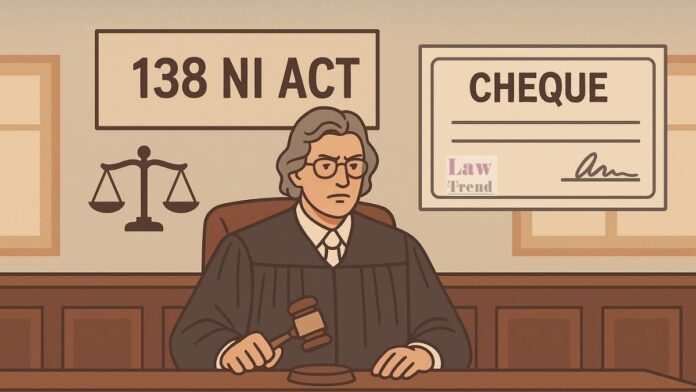The High Court of Delhi, in a judgment delivered on October 8, 2025, has quashed two criminal complaints filed under Section 138 of the Negotiable Instruments (NI) Act, holding that the proceedings were not maintainable as the complainant company had been “struck-off” the Register of Companies and dissolved before the complaints were instituted. Justice Arun
To Read More Please Subscribe to VIP Membership for Unlimited Access to All the Articles, Download Available Copies of Judgments/Order, Acess to Central/State Bare Acts, Advertisement Free Content, Access to More than 4000 Legal Drafts( Readymade Editable Formats of Suits, Petitions, Writs, Legal Notices, Divorce Petitions, 138 Notices, Bail Applications etc.) in Hindi and English.




